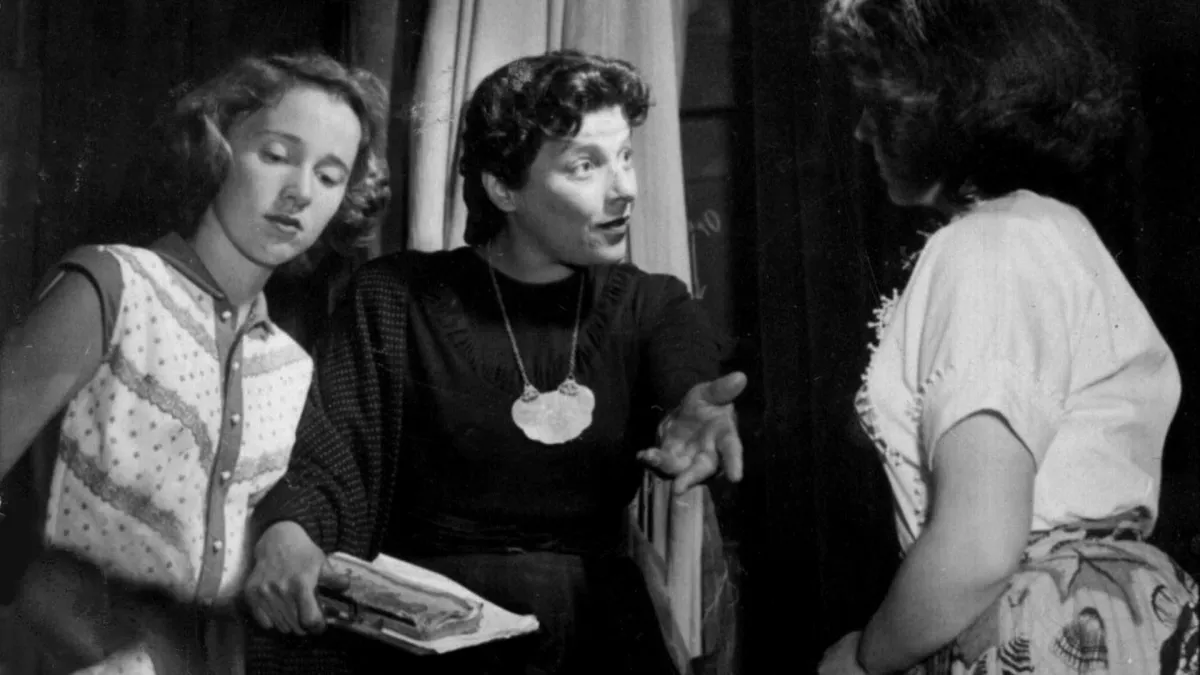Viola Spolin: The Mother of Modern Educational Theater and What She Can Teach Us Today
When we talk about experiential learning, few pioneers have had as much impact as Viola Spolin. In 1940s Chicago, she revolutionized theater education by developing a system of games that transcended language and cultural barriers. Her work with immigrant children proved that play could be more than just entertainment—it could be a powerful educational tool.

Spolin's Theater Games System identified three crucial levels of play:
1. Participation Level
At its foundation, play must be engaging and fun. This creates a safe space where learners feel comfortable taking risks and making mistakes.
2. Problem-Solving Level
Through structured play, participants develop both physical and mental tools. They learn to observe, analyze, and respond to challenges in real-time.
3. Catalytic Level
This is where transformation happens. Students tap into their intuitive side, becoming spontaneous and creative. These breakthrough moments often lead to deep, lasting learning.
These principles align perfectly with the Bahay-bahayan method of teaching. Like Spolin's theater games, Bahay-bahayan uses structured pretend play to create meaningful learning experiences. When students step into roles and engage with content through play, they're not just memorizing—they're experiencing.
The impact of Spolin's work extends far beyond theater. Her methods influenced modern improvisational comedy (think Second City and Saturday Night Live) and shaped how we understand experiential learning today.
Ready to Transform Your Teaching?
Join our community of creative educators at WariYari. Learn how to apply these theater-based techniques in your classroom through our workshops and resources. Experience firsthand how structured play can revolutionize your teaching practice.
Sign up for our free "Play Peeks" micro-learning series and start transforming your lessons today.
